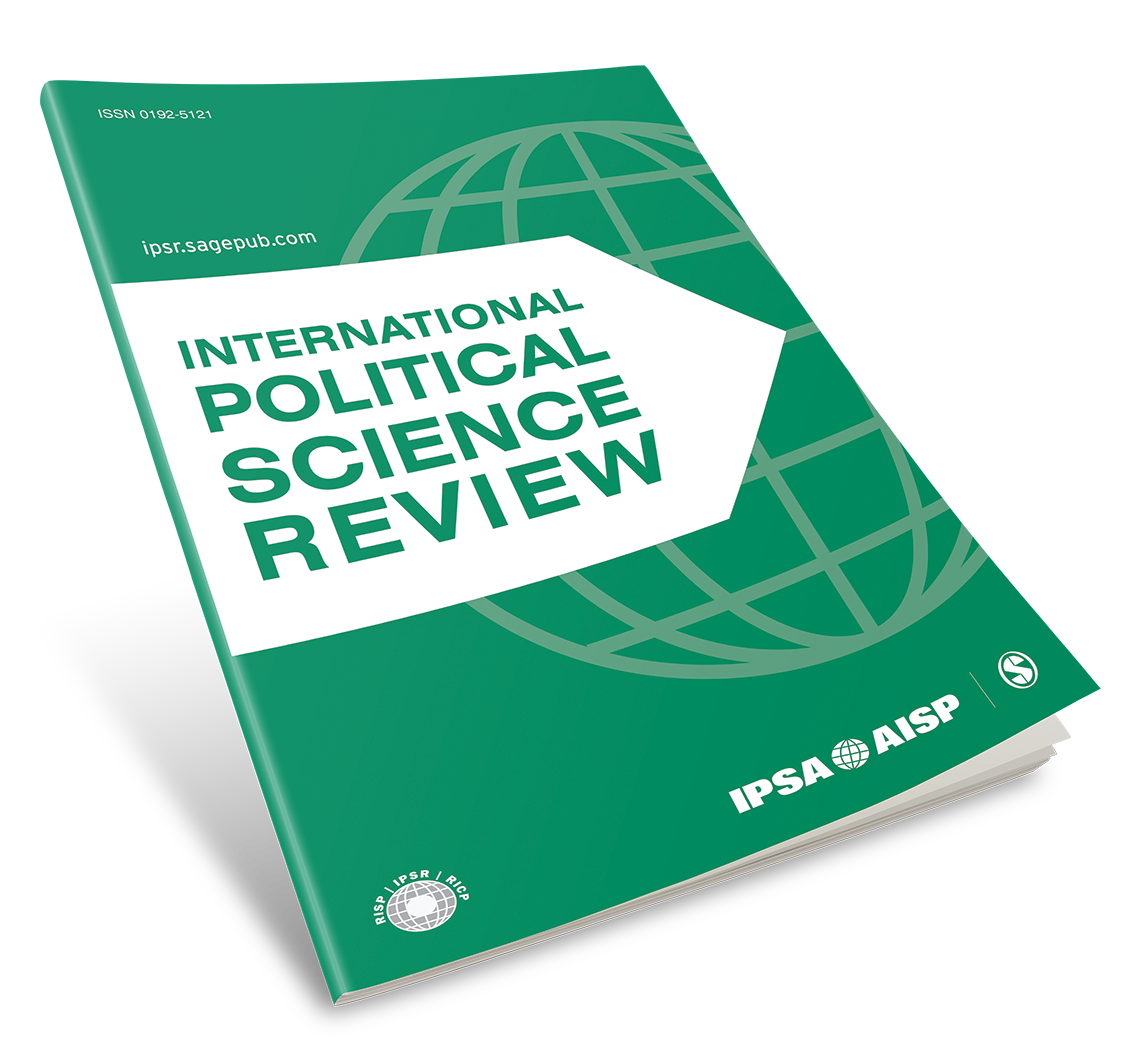

New Issue of IPSR Published
Publication date: Mon, 25 Sep 2023
From social and political inequality to populism, conspiracy theories, and independence referendums, the latest issue of the International Political Science Review (IPSR) (Volume 44, Number 4, September 2023) covers many contemporary themes relevant to political scientists and policymakers alike.
In the field of political and social equality, for instance, Vadlamannati and de Soysa examine the impact of economic freedom on income inequality over the past three decades. In another study, Krämling et al. analyze the impact of direct democracy on equality in a global setting. Contributing to the vast literature on populism, Galais and Pérez-Rajó find that the rise of a populist party - in their case Vox in Spain - constitutes an attack on political correctness. Turning to conspiracy theories, Erisen tries to identify the prototypical target audience for such theories in a non-Western context, such as Turkey. Finally, the meta-analysis by Harguindéguy et al. provides an up-to-date picture of the growing field of research on independence referendums around the world.
IPSA members can access the full IPSR archive dating back to 1980 through the My IPSA menu. IPSR is published by SAGE and is committed to publishing peer-reviewed material that makes a significant contribution to international political science.
Original Research Articles
Should we conduct correspondence study field experiments with political elites?
Thomas Zittel, Tom Louwerse, Helene Helboe Pedersen and Wouter Schakel
Free market capitalism and societal inequities: Assessing the effects of economic freedom on income inequality and the equity of access to opportunity, 1990–2017
Indra de Soysa and Krishna Chaitanya Vadlamannati
Populist radical right-wing parties and the assault on political correctness: The impact of Vox in Spain
Carol Galais and Juan Pérez-Rajó
Direct democracy and equality: A global perspective
Anna Krämling, Brigitte Geißel, Jonathan R. Rinne and Lars Paulus
Conservatism, social isolation and political context: Why East Europeans would leave the EU in Exit referendums
Sergiu Gherghina and Paul Tap
The rise of research on independence referendums
Jean-Baptiste Harguindéguy, Enrique Sánchez Sánchez,Almudena Sánchez Sánchez and Alistair Cole
Femisocial capital: Homophily and bill sponsorship by South Korean female legislators
Jiun Bang
Politics and corona lockdown regulations in 35 highly advanced democracies: The first wave
Detlef Jahn
Psychological foundations and behavioral consequences of COVID-19 conspiracy theory beliefs: The Turkish case
Cengiz Erisen











